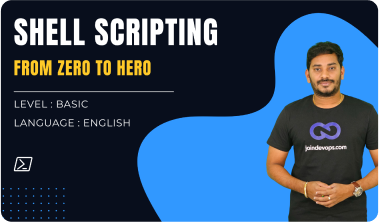.svg)
About Trainer
Course Content
What you will learn :
- HTML Basics: Structure web pages with essential HTML tags and elements.
- CSS Fundamentals: Style and design web pages with CSS properties, selectors, and layout techniques.
- JavaScript Essentials: Work with JavaScript variables, functions, and scope to make websites interactive.
- Debugging: Gain an overview of debugging in JavaScript to identify and fix errors effectively.
- Project-Based Learning: Develop a personal project—a basic website—demonstrating your knowledge of HTML, CSS, and JavaScript.
Course Description:
This course introduces first-year engineering students to the foundations of web development using HTML, CSS, and JavaScript. Starting from the basics and progressing to intermediate concepts, this course empowers students to create fully functional, visually appealing websites. By the end of the course, students will have the skills to build their own websites and apply the fundamental concepts they’ve learned to future projects. This practical, hands-on course is perfect for beginners and requires no prior programming experience.
Requirement:

No prior programming experience required: This course is designed for absolute beginners.

A computer with internet access: Students will need access to a computer to code and test their websites.

Basic computer skills: Familiarity with using a web browser, downloading files, and opening applications.
Who This Course Is For:
.svg)
First-Year Engineering Students: Designed for students in their first year of engineering who want to explore web development.
.svg)
Beginners in Web Development: Suitable for anyone with no prior experience looking to start learning HTML, CSS, and JavaScript.
.svg)
Aspiring Web Developers: Ideal for students who want to create personal projects and portfolios.
Detailed Description:
This introductory web development course is designed specifically for first-year engineering students who are new to coding. Covering the fundamentals of HTML, CSS, and JavaScript, it provides students with the skills to create visually engaging and interactive websites from scratch. Through step-by-step instructions, students will learn how to structure web pages using HTML, apply CSS for styling, and add interactivity with JavaScript. The course starts with the essentials, like understanding HTML tags, document structure, and CSS styling basics, before moving on to JavaScript fundamentals such as variables, functions, and debugging techniques.
As students progress, they’ll explore how to use CSS Flexbox for page layouts, apply different selectors, and understand the cascade effect. JavaScript lessons focus on building logical structures within web pages, covering topics such as scope and error handling. By the end of the course, students will be able to confidently create and deploy a complete website that demonstrates their skills.
In addition to hands-on coding practice, students will gain insights into industry-relevant debugging methods to troubleshoot their code effectively. With no prior experience required, this course provides the foundation for future web development projects and equips students with essential coding skills applicable to various fields in engineering and technology. Students will walk away with a completed project and the ability to expand their web development skills beyond the basics. This course sets a strong foundation in web development, preparing students to explore more advanced coding concepts in the future.

₹5000
₹6000
This Course Include :

2 days a week active training from 6 - 11 pm

Download course videos - course guides
But Now

30-Day Money-Back Guarantee Full Lifetime Access













